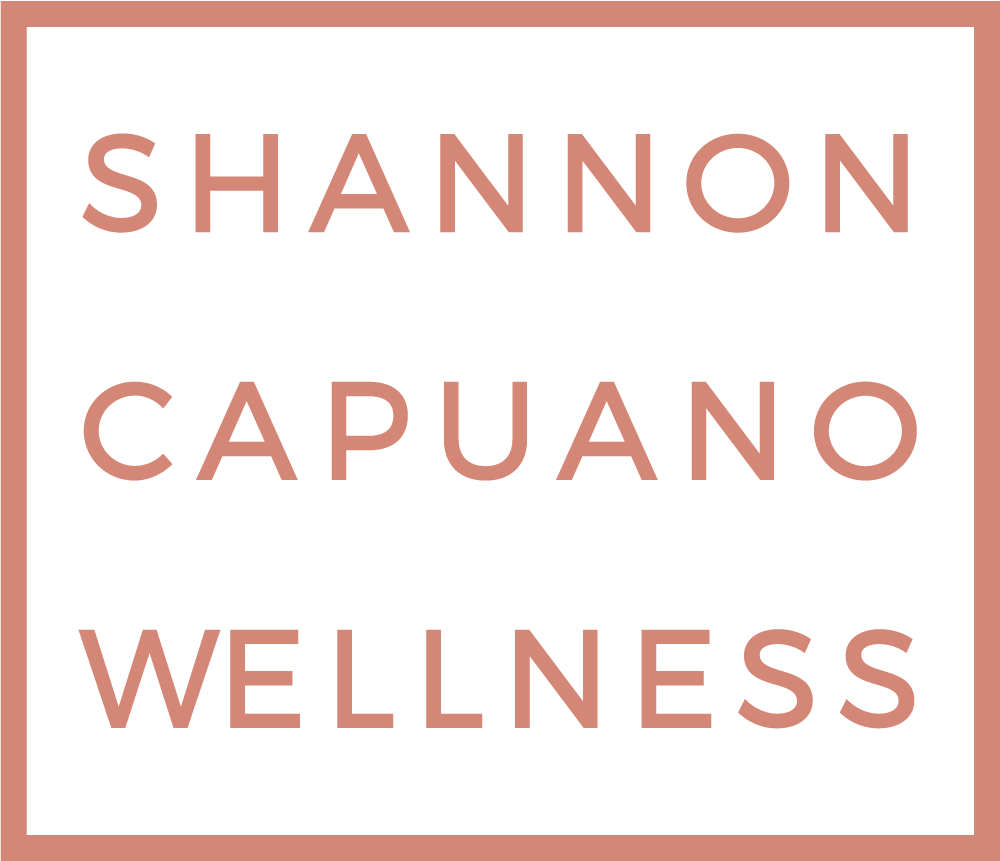What I Thought Low Iron Felt Like vs. What It Actually Feels Like
When most people think of low iron, they picture a little fatigue or maybe feeling slightly more tired than usual. I used to think the same thing. I figured a few extra coffees or a good night’s sleep would solve it. But what I didn’t realize is that low iron – especially low ferritin, the protein that stores iron in your body – can affect so much more than just your energy levels. months, I brushed off my symptoms. I blamed long workdays, stress, and not enough sleep. When I started yawning mid-morning and needing an extra cup of coffee by 2 p.m., I assumed it was just part of being busy. But the truth is, low ferritin doesn’t always announce itself in obvious ways. It creeps in quietly, and you don’t always notice until the symptoms stack up.
The Reality: What Low Ferritin Really Feels Like
Low ferritin can show up with a variety of symptoms – some you’d never connect to iron stores unless you’ve lived it or had labs run. Here are some of the common ones:
Constant fatigue – not relieved by rest
Feeling cold all the time (even when others are comfortable)
Hair shedding – especially more than normal in the shower or on your brush
Shortness of breath or getting winded easily (like walking up stairs)
Brain fog and difficulty concentrating
Mood changes – irritability, anxiety, or low mood
You might even have “normal” hemoglobin levels on a blood test, yet your ferritin can still be low – meaning your iron stores are depleted even if anemia hasn’t developed.
Why Ferritin Matters
Ferritin reflects the iron stored in your body. It’s often the first marker to drop before full iron deficiency anemia shows up. This means you could be experiencing symptoms long before a typical anemia diagnosis. Understanding your ferritin levels can give you an early warning sign that your body needs support.
What complicates things further is that ferritin can be falsely “normal” or even elevated if you have inflammation in the body. That’s why it’s helpful to look at ferritin alongside other iron markers (like transferrin saturation) and inflammation markers (like CRP).
Supporting Low Ferritin Naturally
If your ferritin is low, it doesn’t mean you automatically need high-dose supplements. There are practical ways to support your iron stores naturally:
Include iron-rich foods – red meat, poultry, lentils, beans, spinach, pumpkin seeds
Pair iron with vitamin C – like adding lemon to spinach or strawberries with oats
Be mindful of inhibitors – coffee, tea, and calcium can block absorption when consumed with iron-rich meals
Support gut health – absorption matters just as much as intake
Work with a practitioner – supplements can be helpful, but dosing and type matter depending on your labs and your health picture
The Bottom Line
What I thought low iron felt like – just being “a little tired” – turned out to be much more. Looking back, the signs were there all along: the fatigue, the cold hands, the hair shedding, the brain fog. I just didn’t know they were connected. If you’ve been chalking up your symptoms to stress or busyness, it might be worth looking deeper at your ferritin levels.
Takeaway: Don’t ignore your body’s quiet signals. Sometimes what feels like everyday exhaustion is really your body asking for more support.
Ready to Take the Next Step?
If this post resonated with you and you suspect low ferritin could be part of your story, I’ve created a free Ferritin guide.
Follow and DM me on Instagram if you’d like me to send it directly to you.
Your energy, mood, and focus matter. Don’t wait until you hit full burnout—start supporting your body today.
